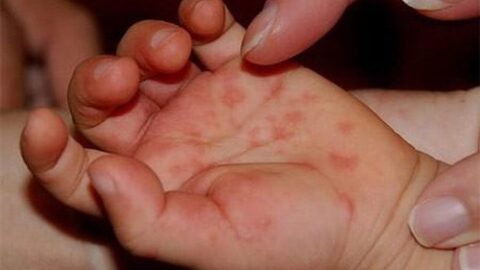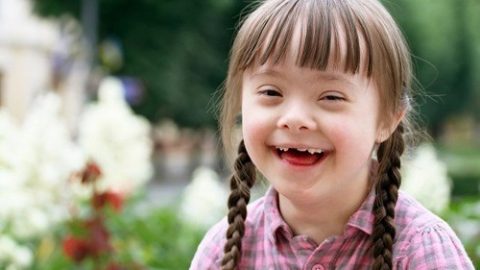All questions are answered by Dr. Mai Hoa Thi Nguyen – Head of the Pediatrics department of the TCI Health system.
 Dr. Mai Hoa Thi Nguyen – Head of the Pediatrics Department at TCI
Dr. Mai Hoa Thi Nguyen – Head of the Pediatrics Department at TCI
Q: How to calm a colicky baby?
A: Colic indicates excessive and frequent crying in babies. It is normally difficult to calm a colicky baby when they are fussy. However, this state is common and most often happens when the baby is about 2 – 5 weeks old until they are four months of age. There are some tips you can do to soothe your crying baby:
- Massage your baby
- Give your baby a warm bath.
- Swaddle your baby in a soft blanket.
- Hold the baby’s face down with your hand under their belly and their head on your forearm. This posture helps relieve the pressure on the baby’s stomach.
- Give your baby a ride.
- Give your baby a pacifier.
- If you are concerned about excessive crying, take them to a pediatrician to know the exact cause and receive the most effective guidance.
Q: Can I use saline drops for my baby every day?
A: Cleaning the nose of your baby with saline water helps remove the mucus easily, keeping the nasal passages clean and moisturized. However, overusing the physiological saline will damage the nasal mucosa and possibly lead to infection. For optimum safety, you should only wash their nose once a week or when taking them to polluted places. For babies, the usual frequency of use is 2 to 4 times a day and 2 – 3 drops per nostril or as advised by the doctor. No homemade saline solutions shall be used.
Q: How to treat infant diarrhea at home?
A: Infant diarrhea can be dangerous because it can cause dehydration and weight loss. The cause of diarrhea in the baby can be:
- Viral infection
- Side effects of antibiotics your baby is using
- The mother’s diet if the mother is breastfeeding (since babies are breastfed only and their only food source is milk).
There are some home remedies to treat baby diarrhea:
- Keep your baby hydrated.
- Give the baby a reasonable amount of milk each time. Avoid forcing your baby to eat.
- The mother should follow a healthy and reasonable diet to ensure the quality of the milk that will breastfeed the baby.
- If your baby shows signs of dehydration, such as dry skin, dry mouth, sunken eyes, lethargy, vomiting, coma, etc., it is necessary to take the baby to the doctor immediately.
Q: How to treat otitis media in children
A: Otitis media is an infection of the middle ear and is mostly seen in children between the age of 6 to 24 months. Even though otitis media is a common pediatric diagnosis, it can cause severe complications if not taken care of. The symptoms include a high temperature of 39 to 40 degrees, hearing difficulties, vomiting, earache, etc. Antibiotics are recommended for babies with otitis media younger than 6 months of age. Very rarely that ear infections do not go away. Therefore, if your baby is not getting better after a few days, you should take them to the doctor for the best treatment. If your baby shows any sign of middle ear effusion, anatomic damage, hearing loss, or language delay, you should take your baby to see an otolaryngologist.










